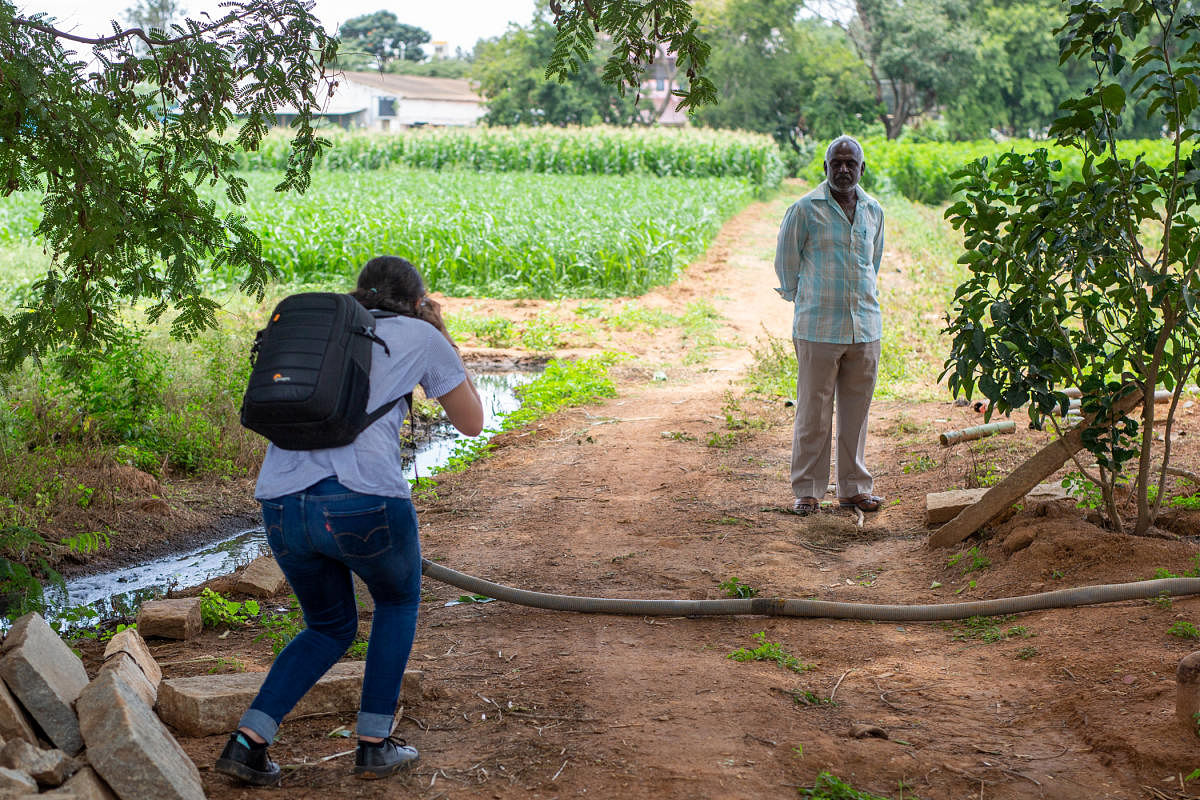
Karnataka and the Australian state of Queensland may be oceans apart, but the two fall close in line where drought is leading hundreds of farmers to take their own lives.
The parallels prompted a group of 10 students from Griffith University in Brisbane, Australia to visit Bengaluru last week to identify potential solutions that can be applied in Australia.
Dr Kasun Ubayasiri, programme director of Journalism at Griffith, explained that Queensland has been in drought for several years, leading to severe farmer distress. According to Australia’s Centre for Rural and Remote Mental Health, there are about 20 suicide deaths per 1,00,000 people in isolated rural areas.
In the state of Queensland, farmers are more than twice as likely as the general population to take their own lives, a 2013 study by researchers at Griffith University found.
“Queensland’s situation is similar to Karnataka in that we have cities soaking up lots of water,” Dr Ubayasiri said, adding that his group became interested in Bengaluru because of its reputation for good management of water in certain areas.
“We were interested in looking for solutions that we could take back to Australia,” he added.
The group focussed on the Bhovi community of well-diggers and silk growers in Vijayapura using wastewater to sustain mulberry bushes upon which silkworms feed.
Isabella Porras, an undergraduate student from Griffith, who documented water sustainability practices at both Bhovipalya and Vijayapura, said she was impressed to see how quickly the Bhovis were able to dig their wells.
“Their practices are sustainable because they’ve adapted from digging open wells to something that suits the needs of the city (recharge wells). They are lending their old knowledge to new ways of solving water issues,” she added.
Ramakrishna, a Bhovi well-digger added: “We are happy knowing that our methods and knowledge can help benefit people in another land.”
It is a statement that S Viswanath of Biome agrees with, pointing out that water sustainability solutions do not necessarily have to be large-scale infrastructure projects.
“The Australians were able to see for themselves how the Bhovis and the silk growers had made water sustainable in the face of shortages. This gave them a new perspective on how climate change challenges are being met by people in India - That they are not simply shouldering a burden, but are engaged in solutions,” he said.